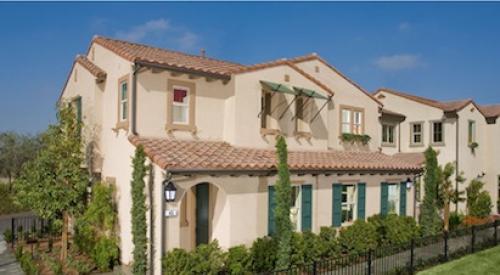Building higher-density communities with tighter infrastructure designs and community services can save significant costs, according to The Brookings Institution's Center on Urban and Metropolitan Policy. A March report by the center calls this "compact development."
From 2000 to 2025, the report says, compact development can save:
- 11%, or $110 billion, on road-building costs.
- 6%, or $12.6 billion, on water and sewer costs.
- Roughly 3%, or $4 billion, on annual operations and service delivery.
- Additional money on school construction.
Mark Muro, senior policy analyst with Brookings and the report's co-author, calls traditional subdivision development "inefficient in terms of service provision and infrastructure," and sees compact development as "the most efficient way to build." Builders should benefit from a share of the savings because they are increasingly expected to foot the bill for infrastructure.
The report, "Investing in a Better Future: A Review of the Fiscal and Competitive Advantages of Smarter Growth Development Patterns," can be downloaded at www.brookings.edu/urban/publications/200403_smartgrowth.htm.












